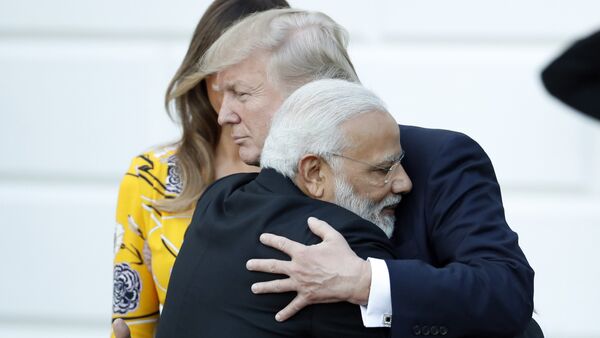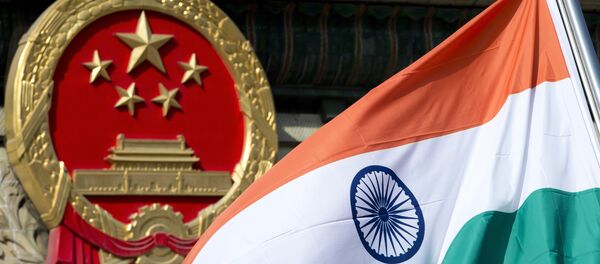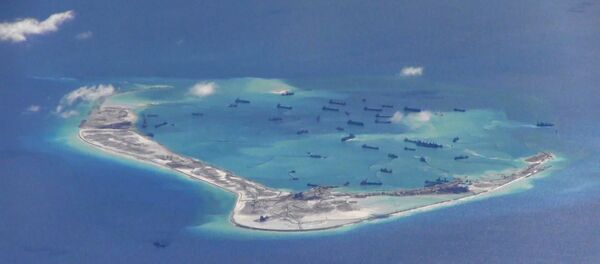On Monday, Trump and Modi said during a joint press conference at the White House that they would enhance coordination on efforts to rebuild Afghanistan to ensure stability in the region.
"Any increased US-India cooperation, however benign, will be seen in Islamabad as bad faith plotting or scheming by New Delhi," Clarke said on Tuesday.
Enhanced US-Indian cooperation was bound to anger Pakistan which continued to see India as its arch-rival, especially in terms of competing for influence in strife-torn Afghanistan, Clarke pointed out.
"There is a total zero sum game between India and Pakistan on Afghanistan," Clarke said.
Clarke noted that Modi was well aware of Islamabad’s sensitive feelings on the issue and was prepared to ignore them.
"The Indian side knows this and just goes ahead to annoy the Pakistanis," he said.
However, the Trump administration’s reading of Pakistan’s position was not yet clear and it was possible Washington was taking Islamabad’s concerns on the issue for granted, assuming it remained totally dependent on Washington, Clarke suggested.
"The open question is does the US care or does it think the Pakistanis have nowhere else to go?" he asked.
Closer India-US relations could lead to Pakistan drawing closer to China in response, Clarke cautioned.
"The Pakistanis do not want to put all their eggs into the China basket. So maybe this doesn’t have much effect. The Pakistanis are quite used to this game," he explained.
Trump and Modi also said on Monday that they remained committed to boosting military cooperation and enhancing intelligence sharing in the fight against terrorism.



